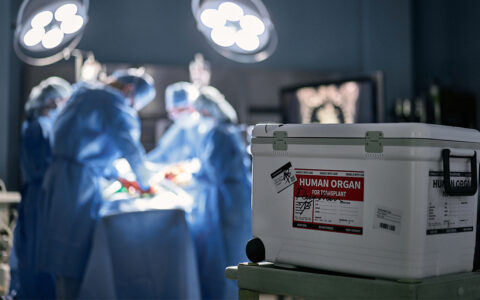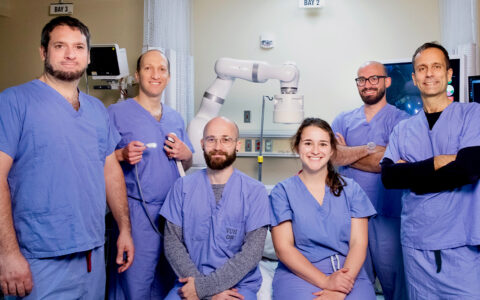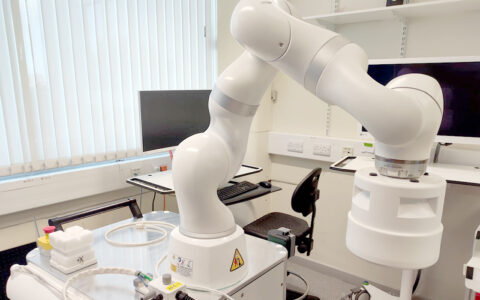Patients who need repeat colonoscopy may be more likely to have adequate bowel preparation the sooner the procedure is scheduled, according to new research out of Vanderbilt University Medical Center.
Researchers specifically analyzed military veterans who presented for screening colonoscopies with inadequate bowel preparation (as defined by the endoscopist for that procedure). According to national data, up to a quarter of all colonoscopies involve inadequate bowel preparation.
“In the split-preparation era, scheduling a next-day colonoscopy might be more effective than waiting to repeat the procedure within a year. This approach could help improve adenoma detection in veterans,” said Yash Choksi, M.D., a gastroenterologist at Vanderbilt who facilitated the research alongside Vanderbilt internal medicine resident Erin Bouquet, M.D.
“In the split-preparation era, scheduling a next-day colonoscopy might be more effective than waiting to repeat the procedure within a year.“
A Wide Window
Bouquet presented the findings at the American College of Gastroenterology’s 2020 Virtual Annual Scientific Meeting. She cited current guidelines that recommend repeat colonoscopy following inadequate bowel preparation occur within one year.
“We asked whether, within that recommended one-year interval, there is an optimal interval at which a colonoscopy should be repeated,” Bouquet said. “Specifically, we asked ‘is next day repeat colonoscopy superior to repeat colonoscopy at a later date, in terms of either repeat prep adequacy or adenoma detection in repeat colonoscopy?’”
The researchers compared data between patients who underwent next-day repeat colonoscopy, versus those who completed the procedure later in the one-year window. All patients received colonoscopies at the Veterans Affairs Medical Center in Nashville.
Bowel Preparation Trends
In total, the team analyzed EHRs of 534 colonoscopy patients with inadequate bowel preparation. Timing for a repeat colonoscopy varied: 25 percent repeated the next day, 39 percent within a year, 10 percent over a year later, and 26 percent did not return.
The researchers found patients who returned the next day for a repeat colonoscopy were more likely to present with improved, adequate bowel preparation (OR=1.58) than those who returned at a later date. Next-day colonoscopies were also associated with increased adenoma detection (OR=1.44).
Recommendations for Improvement
Several factors contribute to inadequate bowel preparation, say the researchers. A patient’s age, comorbidities, diet and bowel cleansing regimen all play a role. Bouquet cautioned suboptimal bowel cleansing can lead to overlooked lesions.
Many providers recommend splitting the dose of bowel cleansing solution to improve adherence and efficacy. The strategy is now endorsed by several professional associations as it increases adenoma detection rates.
The Vanderbilt team found patients who competed a split dose trended toward improved bowel preparation and had a higher likelihood of adenoma detection. “As split preparation is now the gold standard, our subgroup analysis may more accurately represent today’s population,” Bouquet said.
Any long-term population effects remain to be seen. Said Bouquet, “Further studies are needed to determine if next-day, repeat colonoscopy following inadequate bowel preparation improves quality and efficacy of colorectal cancer screening.”






